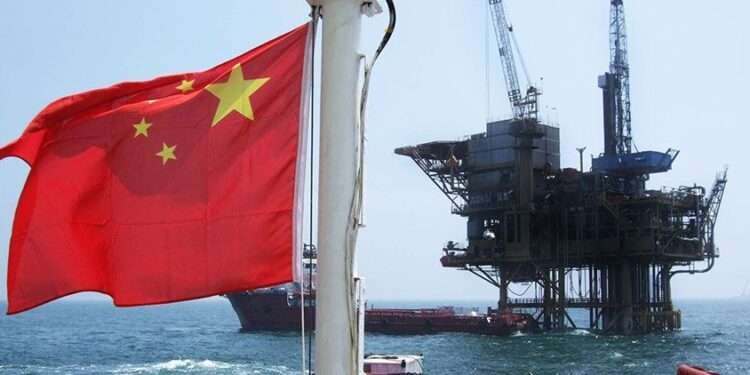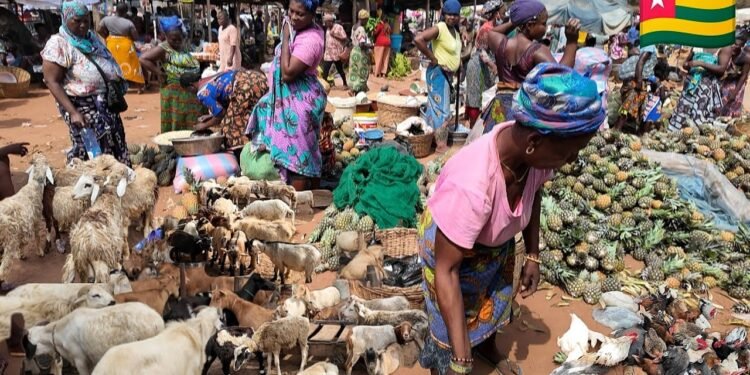Sudan’s growth forecast has been revised down from 0.8 percent to 0.6 percent in 2021, according to Fitch Solutions forecasts.
Although exiting the recession this year, after contracting by an estimated 7 percent in 2020, Fitch Solutions indicate that mounting pressures on households’ disposable incomes will weight on the country’s growth.
Also, the lingering impact of the pandemic will continue to weigh heavily on growth. Consequently, real GDP will be well below pre-pandemic levels in the near term.
Accordingly, private consumption will remain weak in 2021, Fitch Solutions asserts. The research firm believes that the government will be reluctant to place the country in a full lockdown as the spread of the pandemic continues due to public discontent.
Furthermore, the absence of strict social distancing rules will contribute to a modest uptick in consumer and business activity in 2021. However, the recovery is likely to be subdued.
Only 1.3 per cent of the population had received their first dose of a Covid-19 vaccine as of late June 2021. As a result the country’s sluggish vaccination programme will force the government to keep some lockdown restrictions in place for most of 2021 and 2022, Fitch Solutions predicts.
Rising Inflationary pressures to affect growth
Moreover, the rising inflation pressures currently within triple-digit will weigh heavily on purchasing power. This was as a result of monetary and fiscal policy measures introduced in February 2021.
As such the central bank implemented a sharp devaluation of the official exchange rate. This was followed by the reduction and subsequent removal of fuel subsidies in June, which together caused inflation to reach an all-time high of 363.1 per cent year-on-year in April 2021.
Considering the foregoing, Fitch Solutions has revised its average inflation forecast for the country from 246.1% to 370.0% in 2021 (the highest rate since our records began in 1990).
More to the point, Fitch Solutions believe that the sharp rise in living costs will erode purchasing power this year. The government is rolling out the first phase of the Sudan Family Support Programme (worth US$400 million), which aims to provide direct cash payments to 80 per cent of households for up to 12 months.
However, Fitch Solutions believe this will be insufficient to offset mounting financial pressures on households. We forecast that private consumption will rise by a modest 0.6 per cent in 2021. This figure will add 0.5 percentage points to GDP growth.
Apart from this, Fitch Solutions is of the view that the government consumption will offer limited support to economic growth. The government announced plans to increase budgetary allocations for food transfers, including large increases in spending indicated in the 2021 budget.
Net exports to remain neutral
Despite the planned large nominal increase in expenditure, Fitch Solutions believes that the sharp depreciation of the currency will limit the extent to which government consumption will rise in real terms. Particularly, given that slow economic growth will weigh on fiscal revenues. We forecast government consumption growth of just 0.7 per cent in 2021, after an estimated 2.1 per cent fall in 2020.
Meanwhile, the outlook is not all that gloomy, improvement in relations with foreign creditors will provide tailwinds to investment, Fitch Solutions indicates. Private investment in sectors such as the mining will be bolstered but uncertainties over the pandemic will continue to weigh on business sentiments.
Also, net exports will have a neutral impact on real GDP growth. Although gold exports will improve as demand for the commodity remain robust, imports remain subdued, growing at 3 per cent. This will therefore offset the growth in exports.
Real GDP is forecast to grow by 1.8% in 2022, well below the country’s 2010-2019 average of 4.3%. However, progress on Covid-19 vaccinations is likely to remain limited next year, given the country’s inefficient healthcare system and limited access to vaccine supplies. This will keep domestic demand weak, while a further fall in oil production will weigh on export growth.
READ ALSO: Ghana Possibly Misused COVID-19 Funds due to Inefficient reporting System C-TAP























